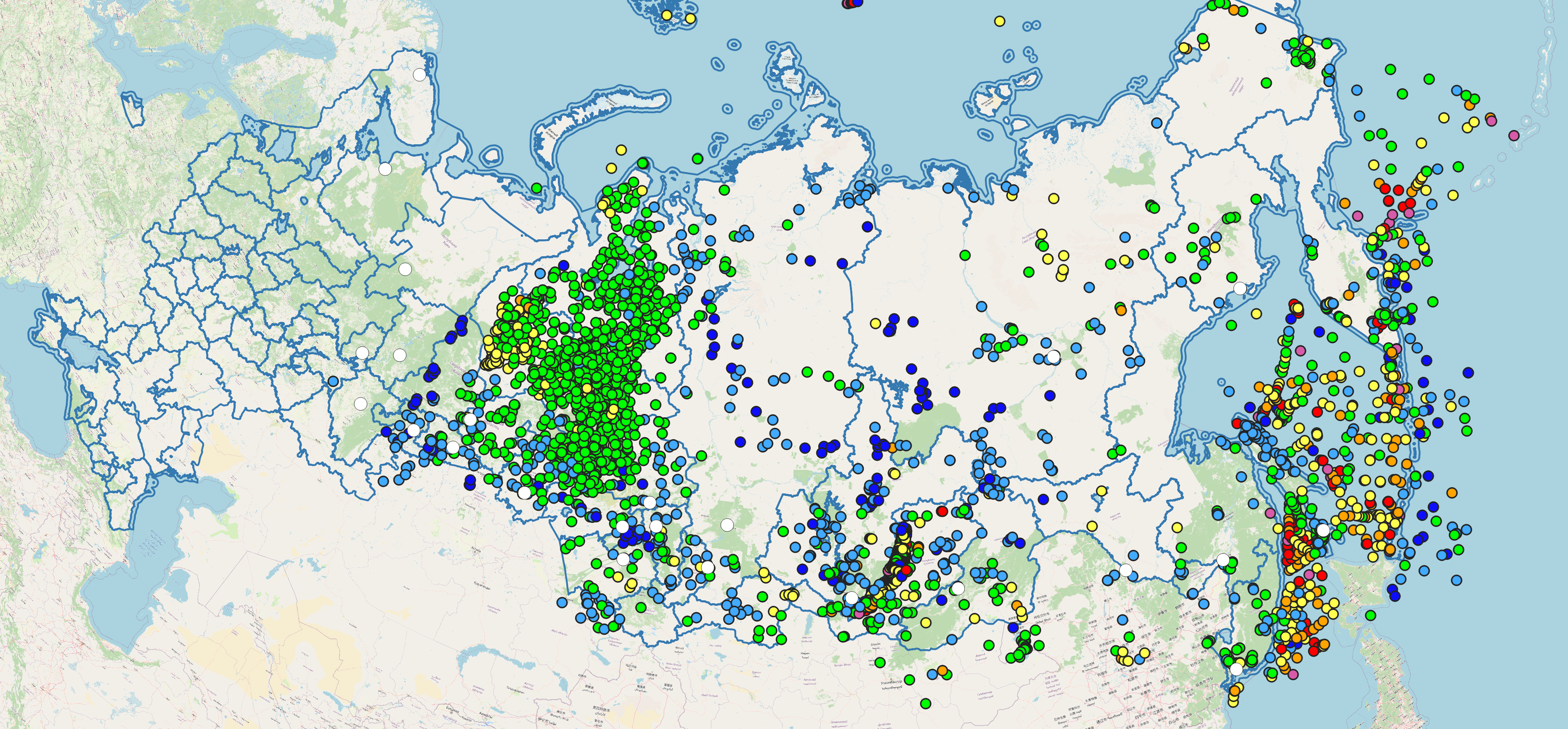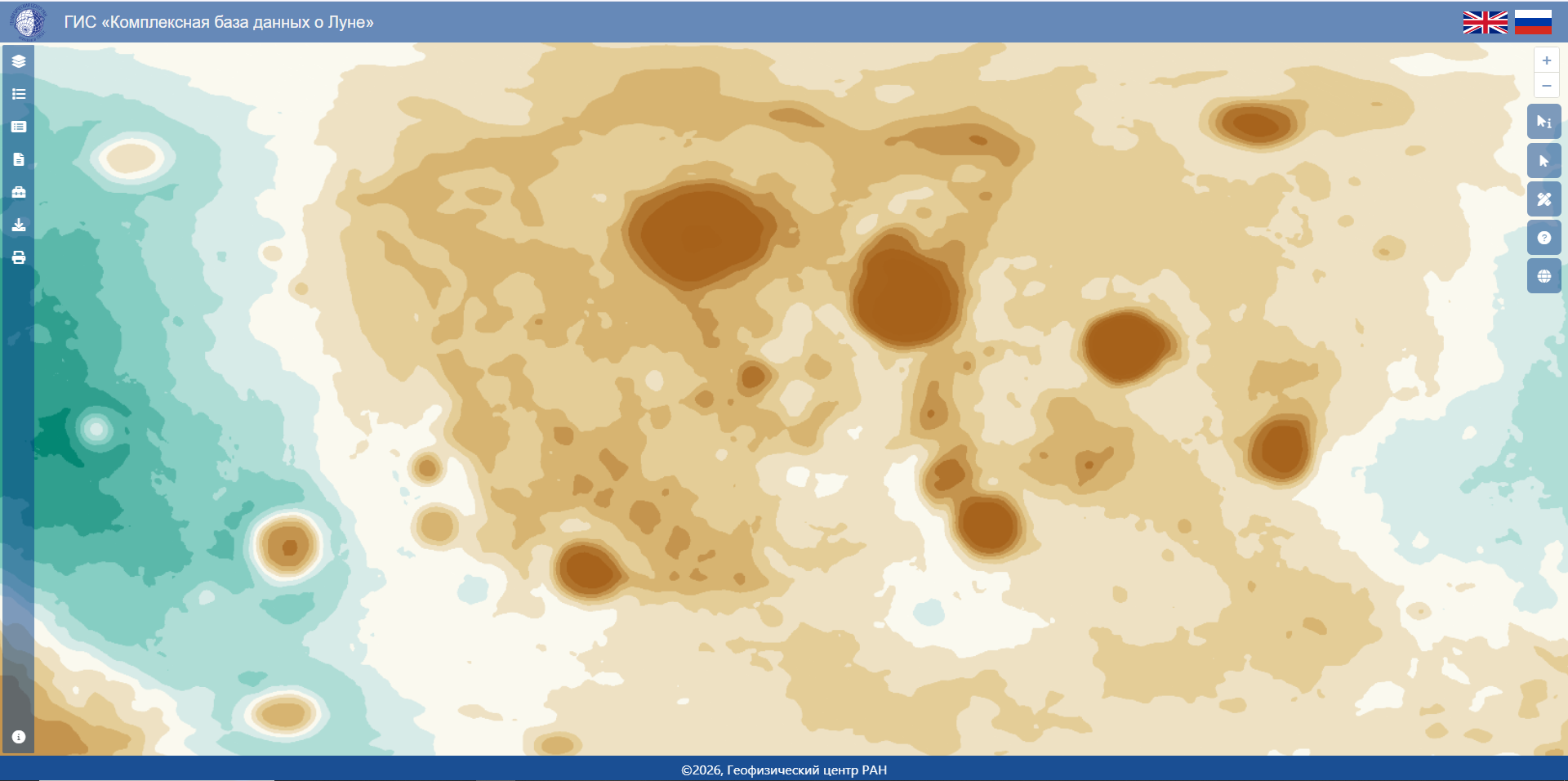February 18, 2022
On March 4, within the framework of the permanent international Moscow Academic Economic Forum (MAEF), the Arctic Academic Forum will be held on the topic: "The development of scientific research and the economy of the Arctic."
Forum Chairman: Academician of the Russian Academy of Sciences, Chairman of the Scientific Council of the Russian Academy of Sciences for the Study of the Arctic and Antarctic, Scientific Director of the Geophysical Center of the Russian Academy of Sciences Alexei Dzhermenovich Gvishiani.
Event organizers: Free Economic Society of Russia, Scientific Council of the Russian Academy of Sciences for the Study of the Arctic and Antarctic, International Union of Economists.
The event will be held online from 14:00 to 17:00.
Key questions for discussion:
Economic development of the region: problems and prospects for the development of oil and gas resources in the Arctic, development of the transport and port infrastructure of the Northern Sea Route, issues of prospecting and exploration of potential ore deposits;
Social development of the region: preservation of the original peoples of the North, their language and culture, creation of infrastructure, transport accessibility and a comfortable environment for living in the Arctic, the Arctic Hectare program as one of the areas of socio-economic development of the region;
Protection of the Arctic environment: current climate agenda, conservation of biodiversity and development of protected areas, environmental problems of the Arctic.
Leading scientists and experts, representatives of state authorities, international and national public organizations, administrations of the constituent entities of the Russian Federation, and the business community will take part in the event.
The main idea of Academician Gvishiani's report-presentation: “Studying the Arctic, it is necessary to operate not with separate models of some phenomena, even if they are extremely important, like gas and oil production, but we need to move on to a whole picture of collecting, accumulating, processing knowledge about the region. In the future, we must not operate with separate models, we must move to a holistic picture of knowledge about the Arctic and make the Arctic a source of big data. We could start studying the Arctic as a single and diverse element.”
The course and results of the forum are covered by the general partner of the VEO of Russia - TASS, Rossiyskaya Gazeta, Public Television of Russia (OTR), other federal and regional media, and in social media.
Live video broadcast will be available on the website of the VEO of Russia and on the website of the International Union of Economists.
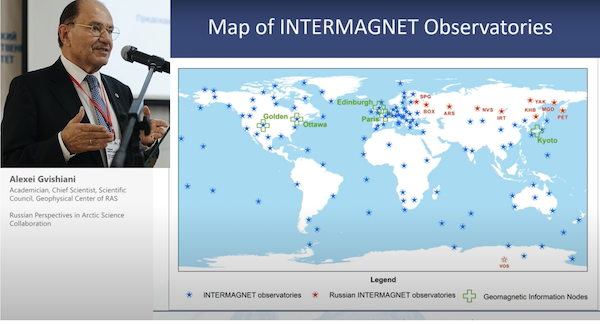


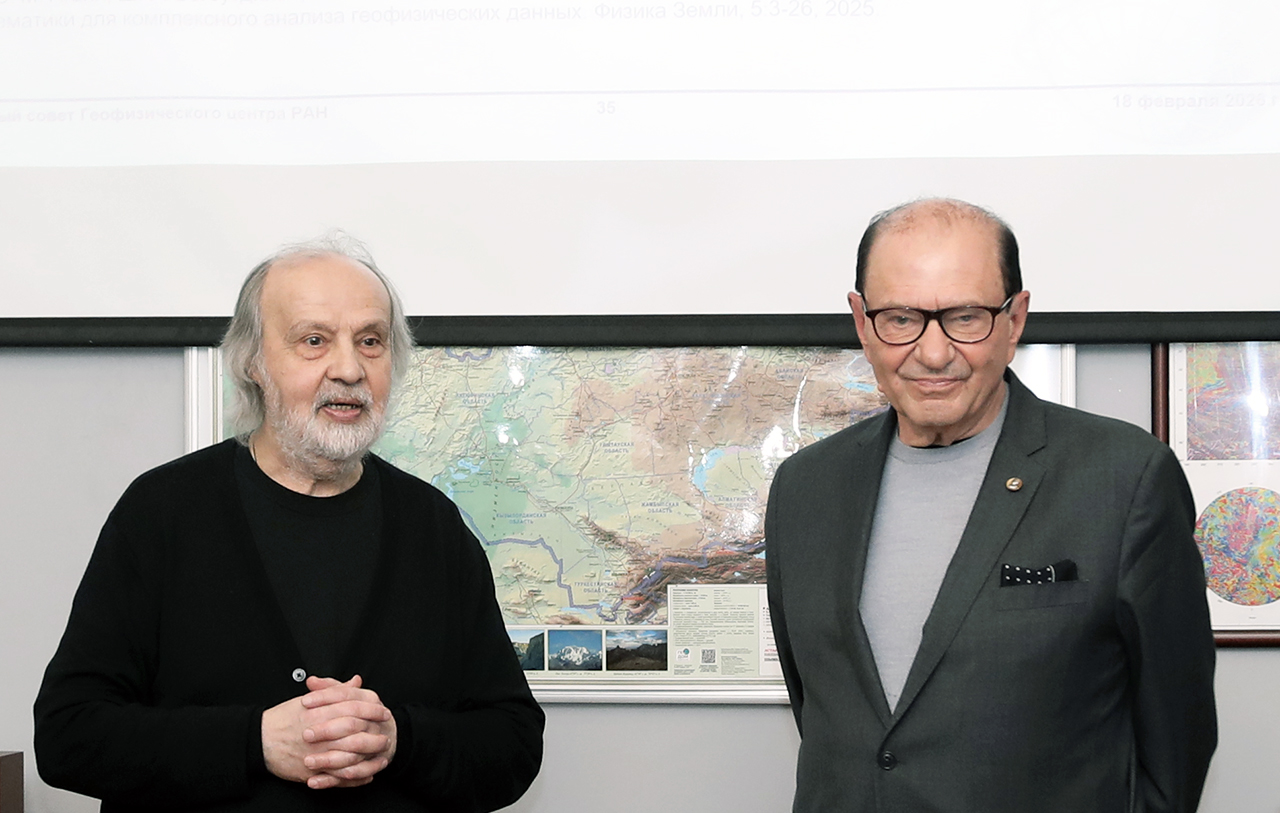


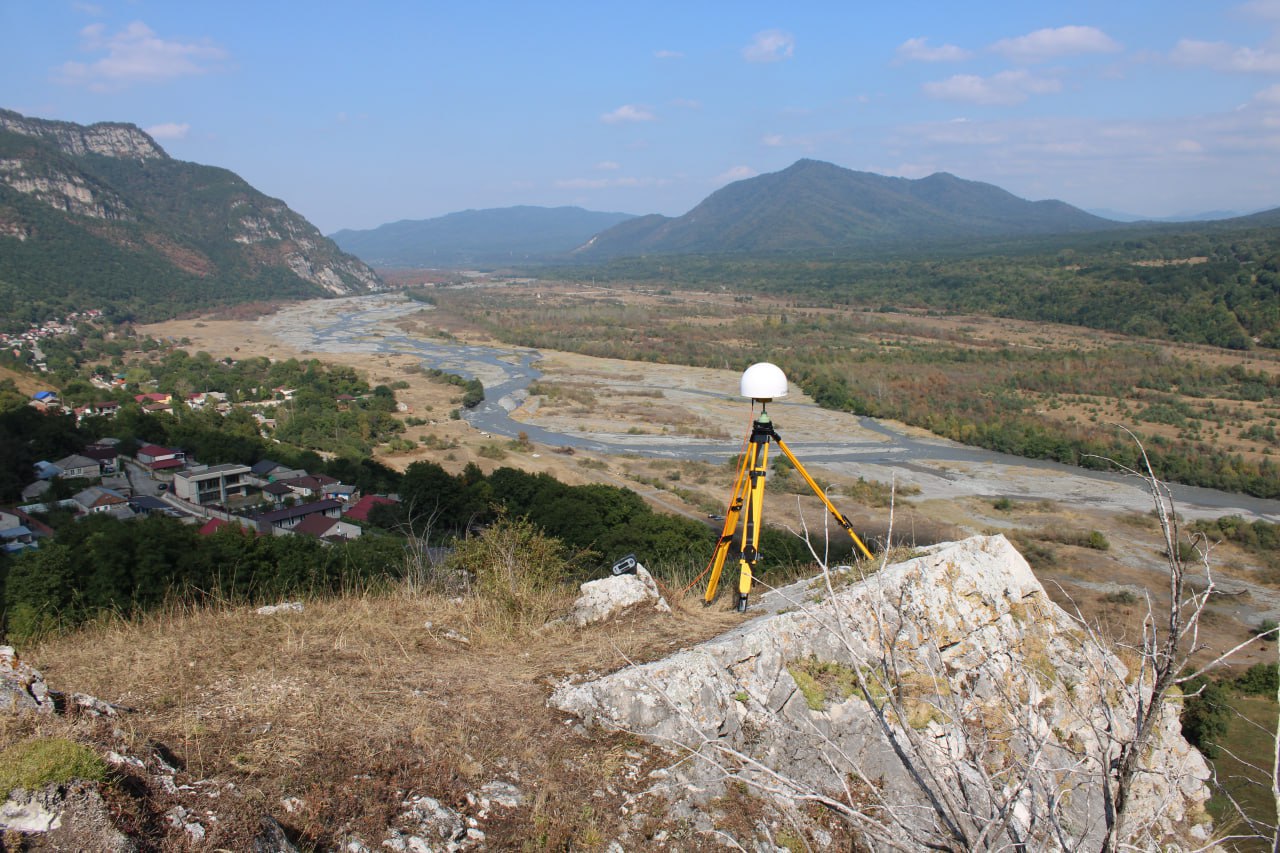
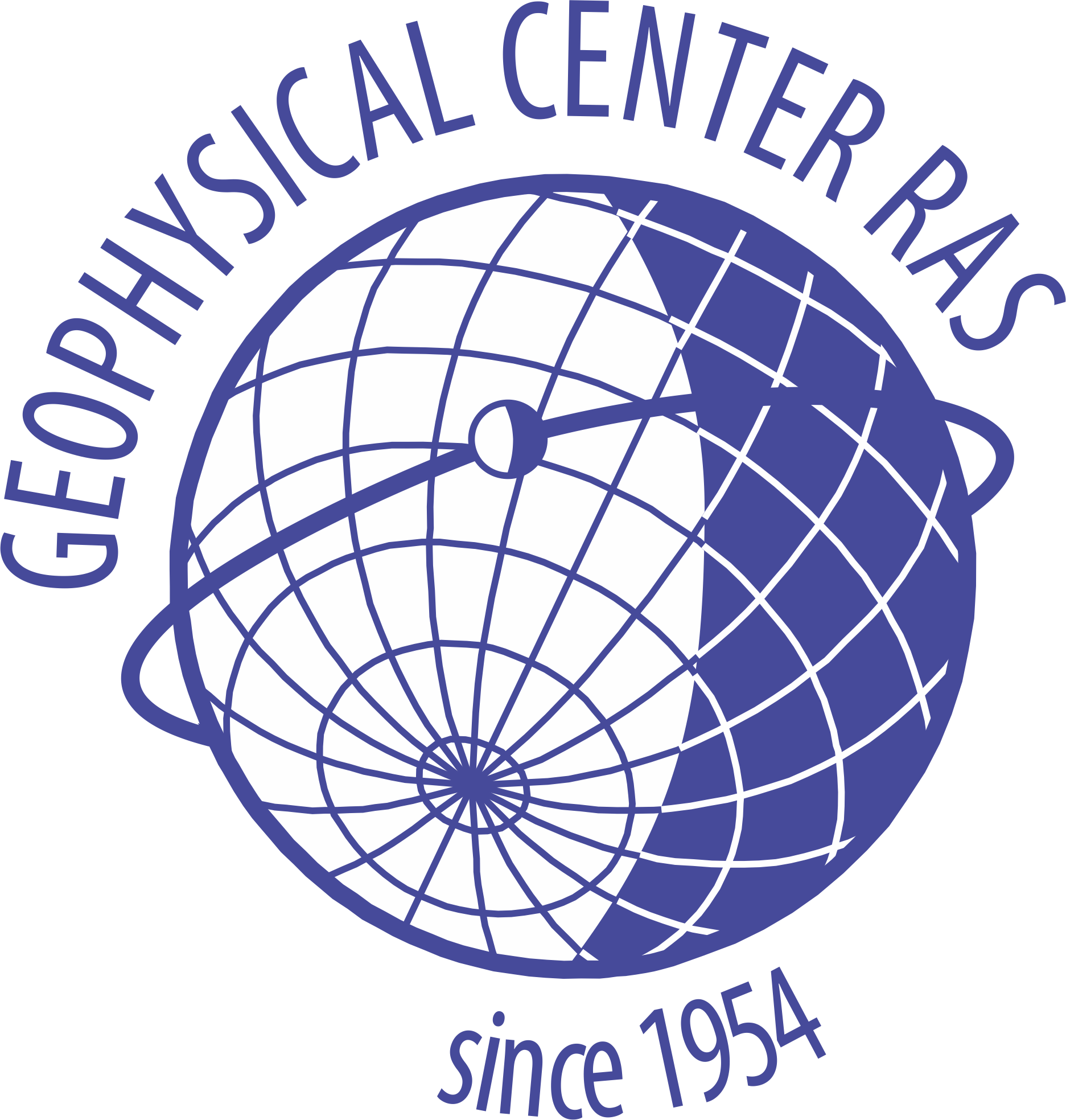

 Analytical Geomagnetic Data Center
Analytical Geomagnetic Data Center Space weather parameters
Space weather parameters Virtual Magnetograms
Virtual Magnetograms


